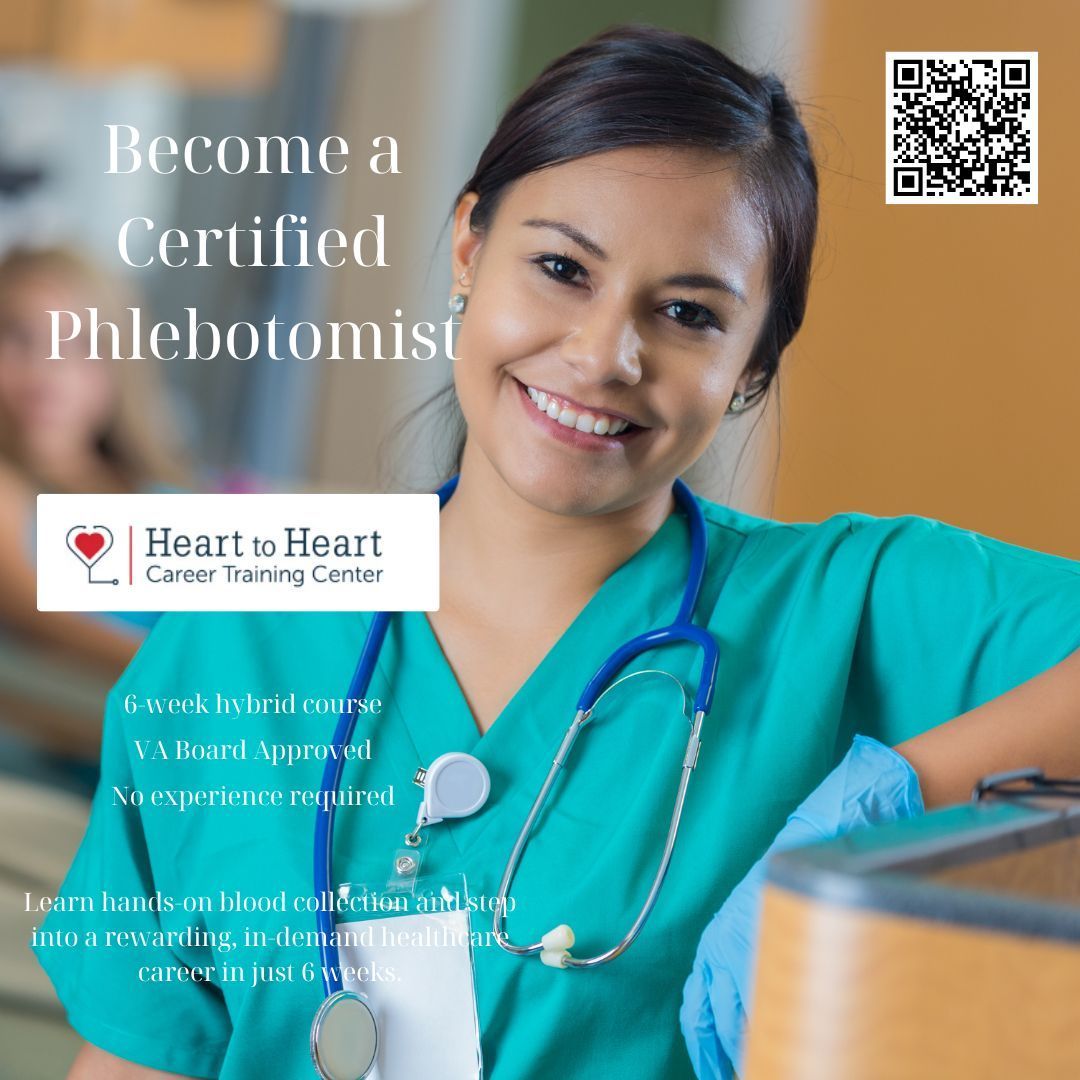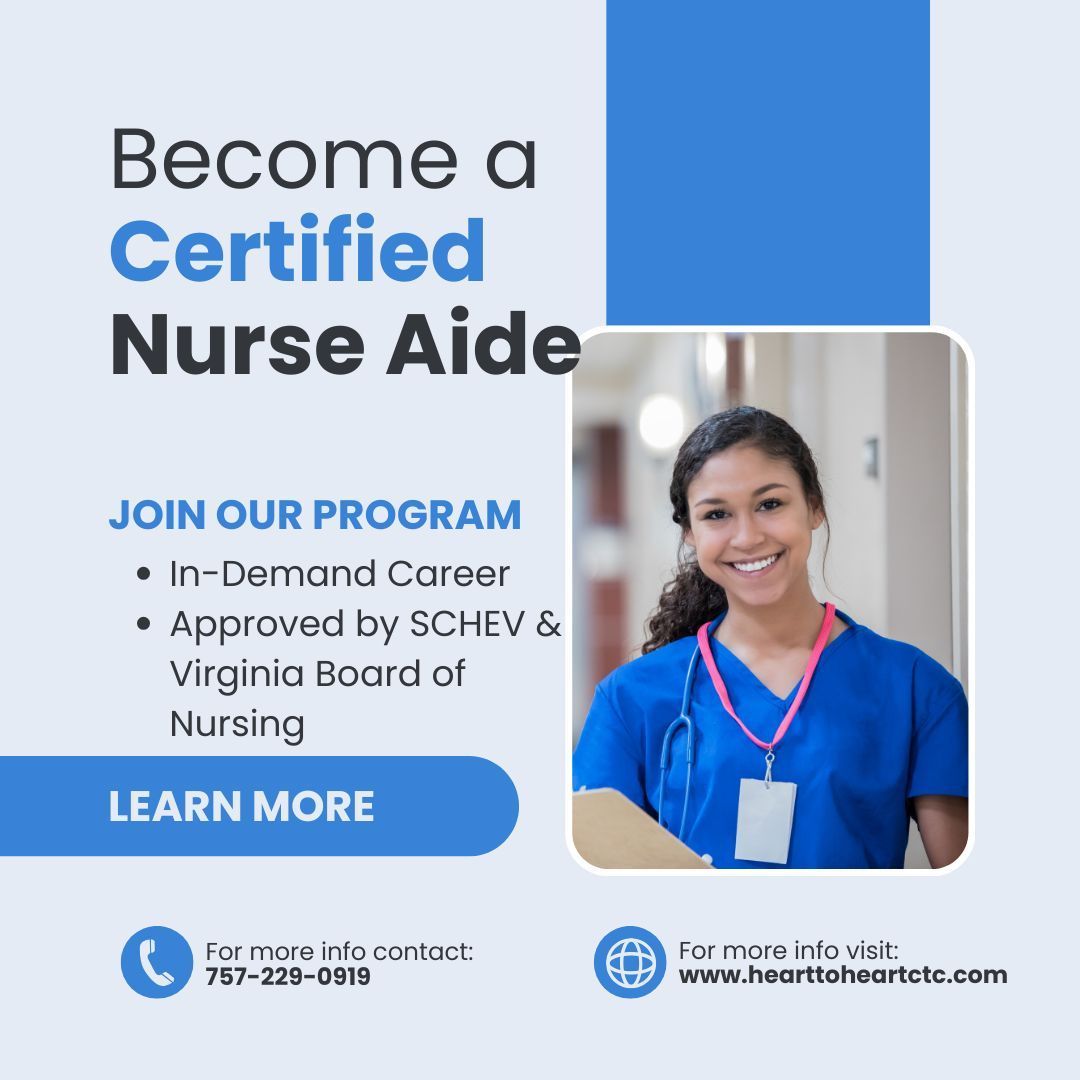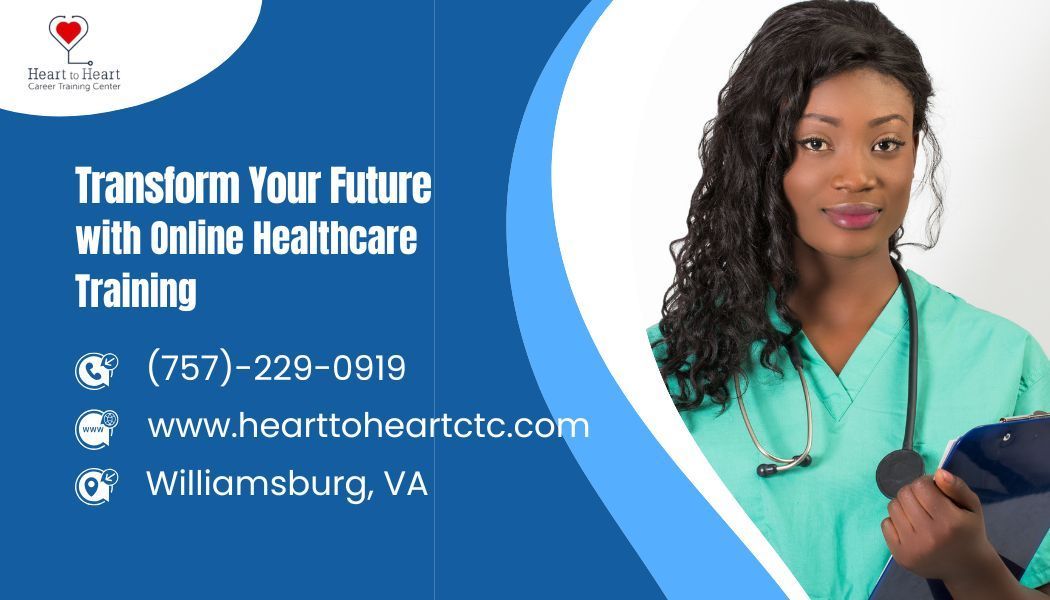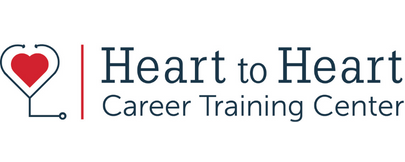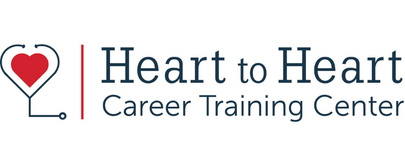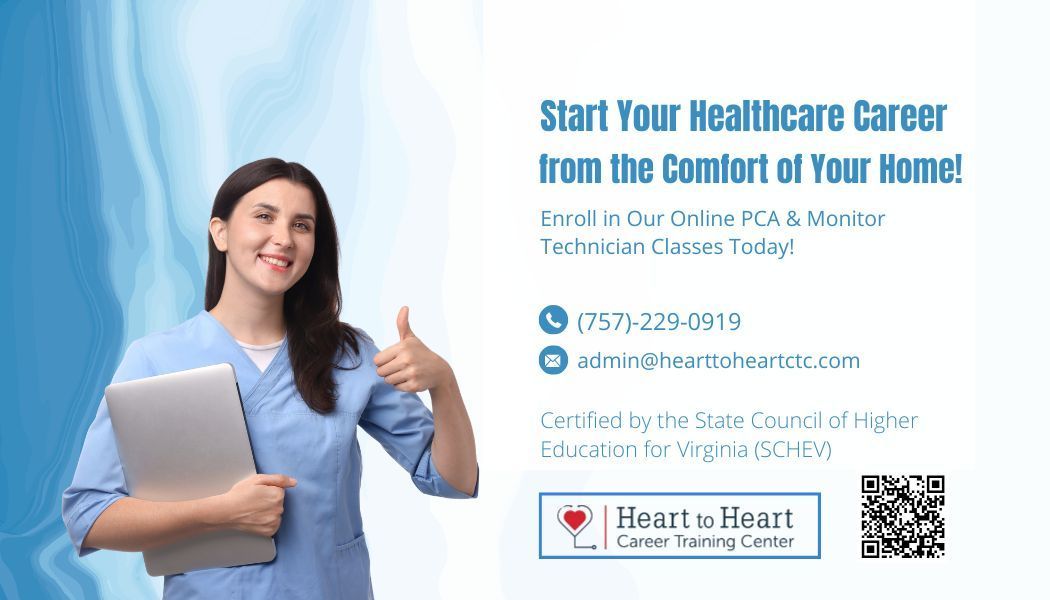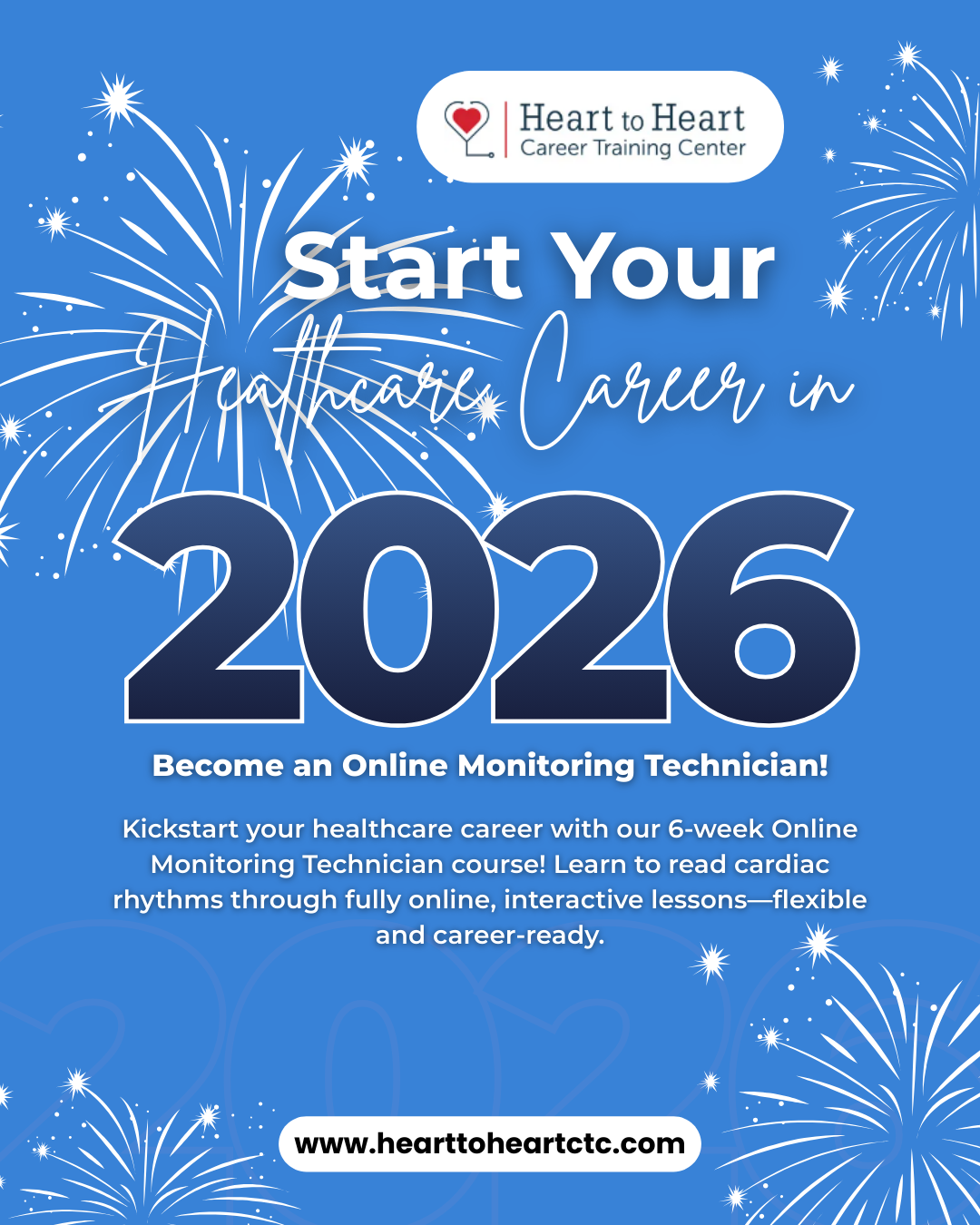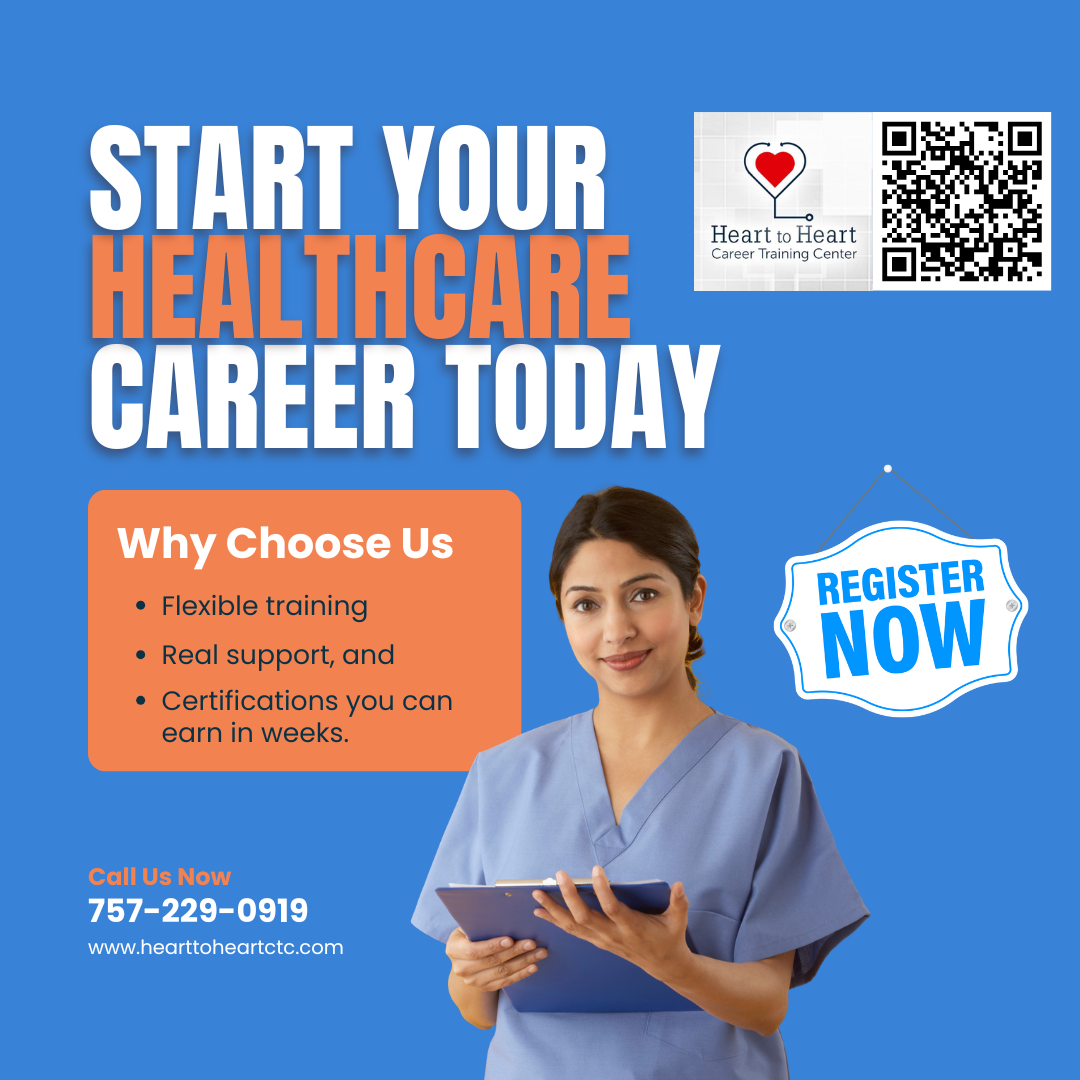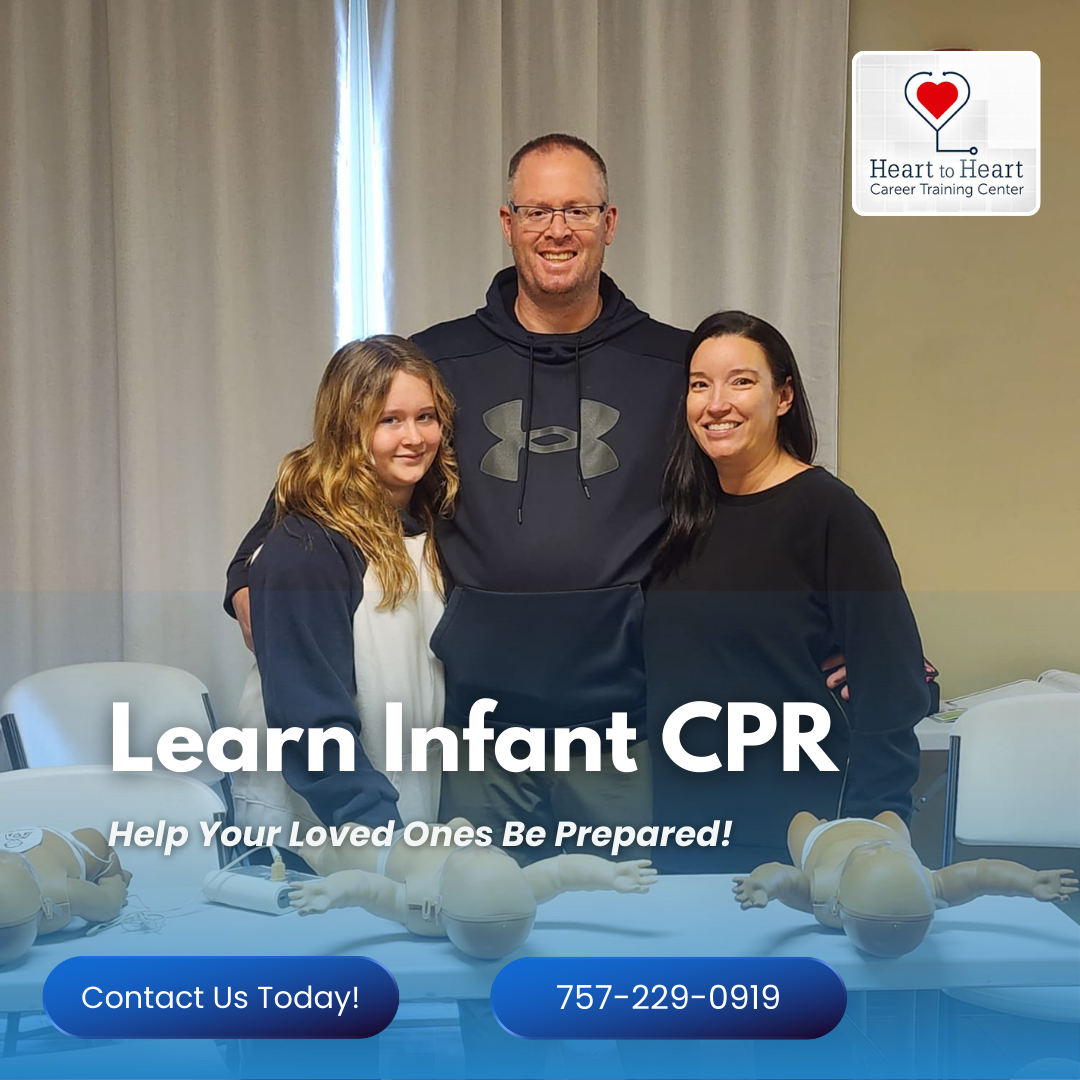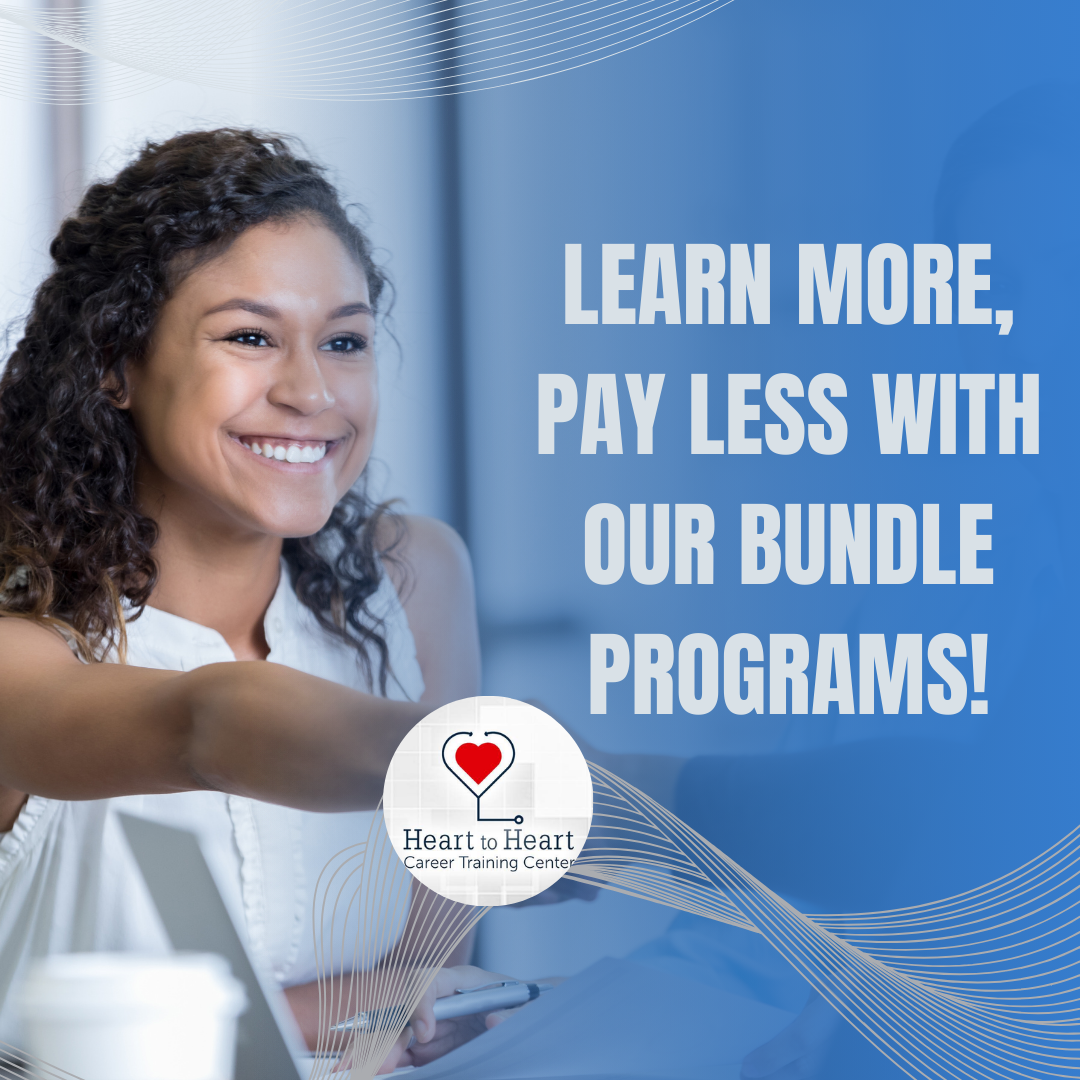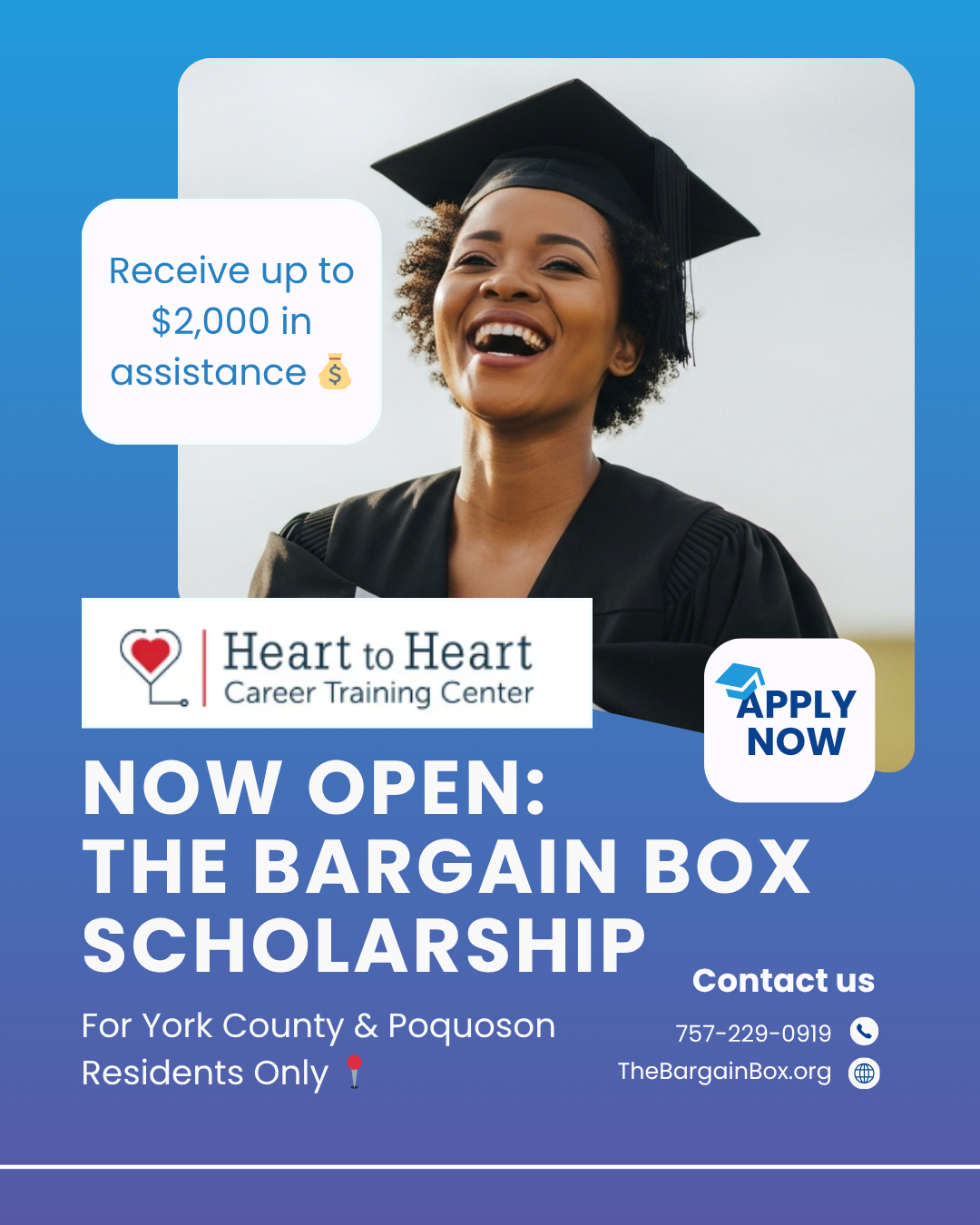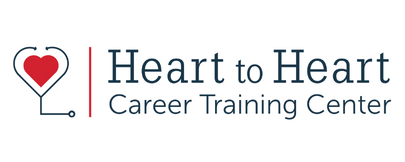MyCAA Program: Military Spouse Scholarships - Virginia
My Career Advancement Account Helps Spouses Reach Career Goals
The My Career Advancement Account Scholarship is a workforce development program that provides up to $4,000 of tuition assistance to eligible military spouses. The scholarship assists military spouses in pursuing licenses, certifications or associate degrees necessary to gain employment in an occupation or career field. Spouses may use their My Career Advancement Account Scholarship funds at any academic institution approved for participation in the scholarship.
Who is eligible for the My Career Advancement Account Scholarship?
Spouses of service members on active duty in pay grades E-1 to E-5, W-1 to W-2 and O-1 to O-2 who have successfully completed high school and have the ability to request tuition assistance while their military sponsor is on Title 10 military orders are eligible. Spouses married to members of the National Guard and reserves in these same pay grades are eligible.
Those who are not eligible include the following:
- Spouses who are married but legally separated, or under court order or statute of any state or U.S. territory, from a member of the armed forces on Title 10 orders
- Spouses whose National Guard or reserves military sponsor is in a warning orders or alert, post-deployment, demobilization or transition status
The My Career Advancement Account Scholarship will NOT pay for the following:
- Tuition for courses and examinations not included in the spouse’s Education and Training Plan and courses already started or completed by the spouse
- Reimbursements of any kind
- Books, supplies, equipment, uniforms, computers and electronic devices of any kind
- Student activities, events and entertainment
- Prepayment or deposits for future courses, unless costs are part of a block of study
- School or college level entrance examinations, comprehensive exams and related preparatory courses
- Courses, tests or fees normally paid by an employer as part of a job training program
- Fees of any kind, including but not limited to registration fees, technology fees, parking fees, etc.
- Nonacademic credit or ungraded courses, including courses taken on an audit basis or as an internship, practicum, apprenticeship or clinical supervision; also, nonacademic credit or ungraded orientation programs
- Courses taken more than one time, unless the My Career Advancement Account Scholarship has received a full refund from the school
- Academic credit by examination
- General studies, liberal arts and interdisciplinary associate degrees that do not have a concentration
- Personal enrichment courses, excluding academic credit or graded electives in the spouse’s Education and Training Plan
- Transportation, lodging, child care and medical services
- Course extensions, except for approved hardship waivers
- Study-abroad programs, excluding programs of study offered by participating My Career Advancement Account
- Scholarship schools on overseas military installations
- Private licenses. For example, a private pilot’s license would not be covered because it is for recreational use, but a commercial pilot’s license would be covered because it would be used for an occupation.
- High school completion programs, including online high school completion programs
- Continuing education credits to maintain a standing in a professional organization
Have additional questions?
Contact a Military Benefits Specialist TODAY!
Richmond VA • Williamsburg VA • Virginia Beach VA • Chesapeake VA • Hampton VA • Newport News VA • Norfolk VA • Suffolk VA • Portsmouth VA • Charles City County VA • Wakefield VA - Gloucester - King and Queen - Toano and more
